- HOGAR
- INDUSTRIAS
- INDUSTRIAS
- Caldera Fang Kuai ofrece bajo demanda, soluciones de vapor modulares para aplicaciones industriales y comerciales que requieren vapor de proceso para el calor, esterilización, humidificación, y más.
- PRODUCTOS
- CASO MUNDIAL
- SOBRE NOSOTROS
- NOTICIAS
- CONTACTO





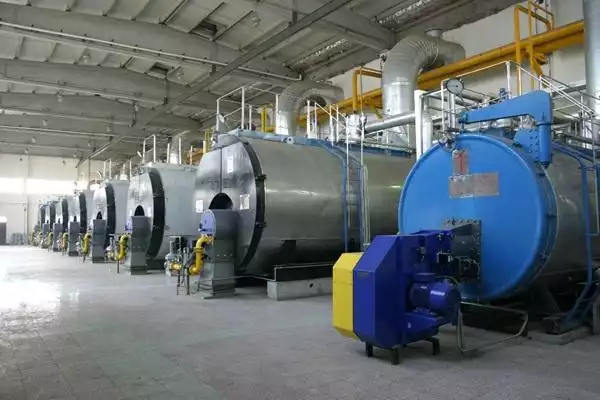
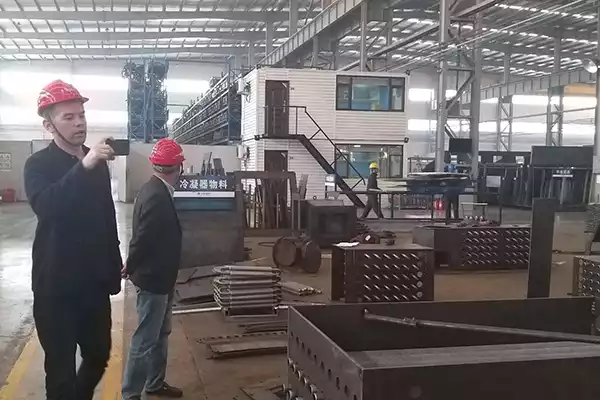
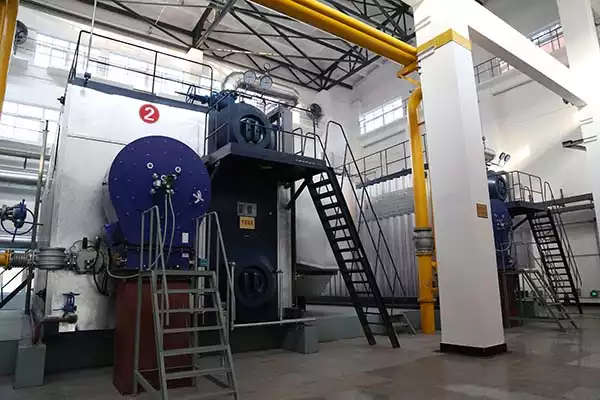
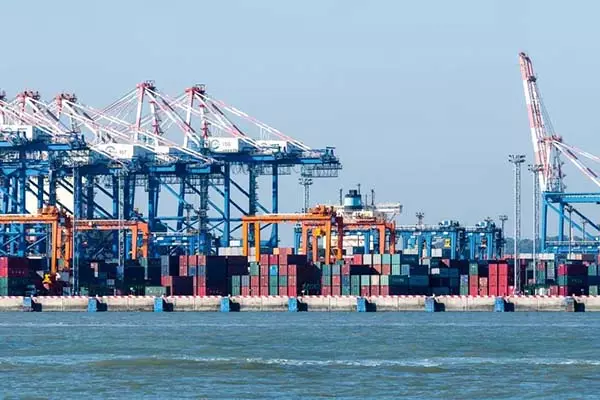
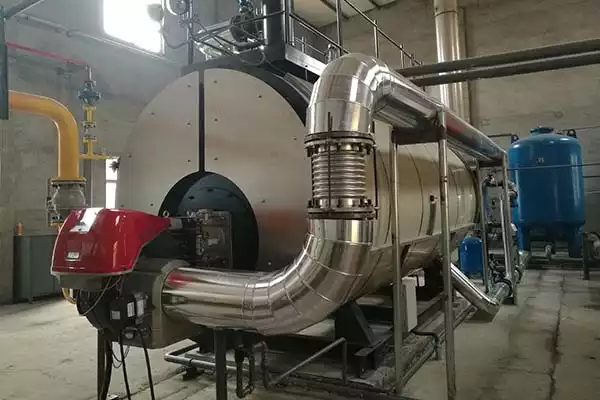
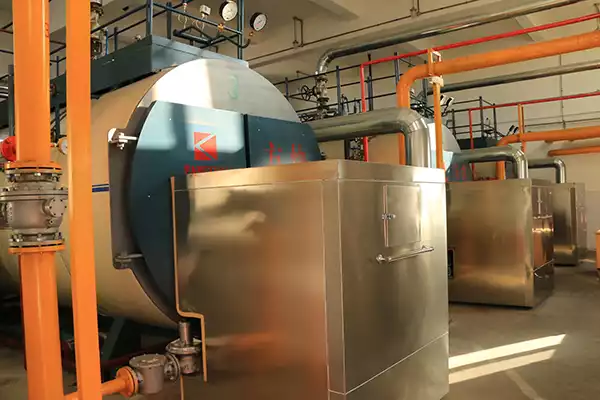
.jpg)



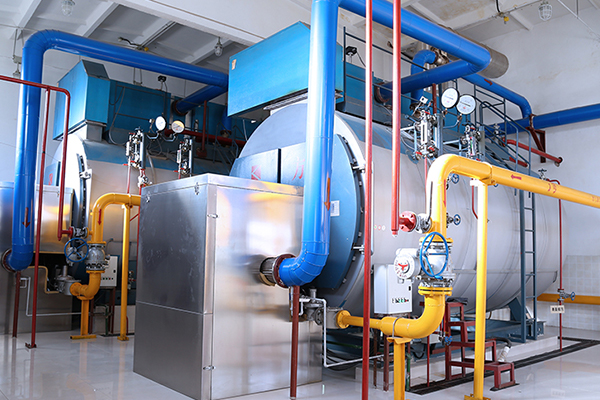
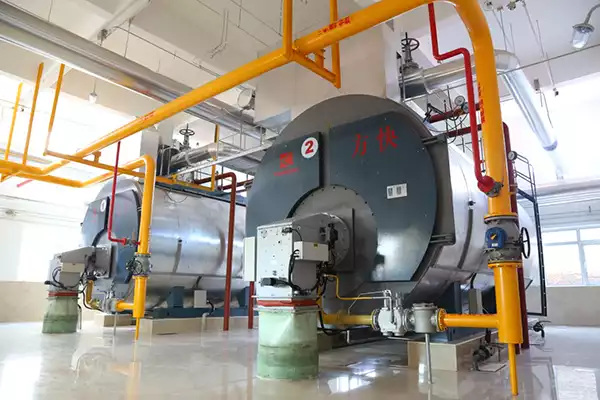
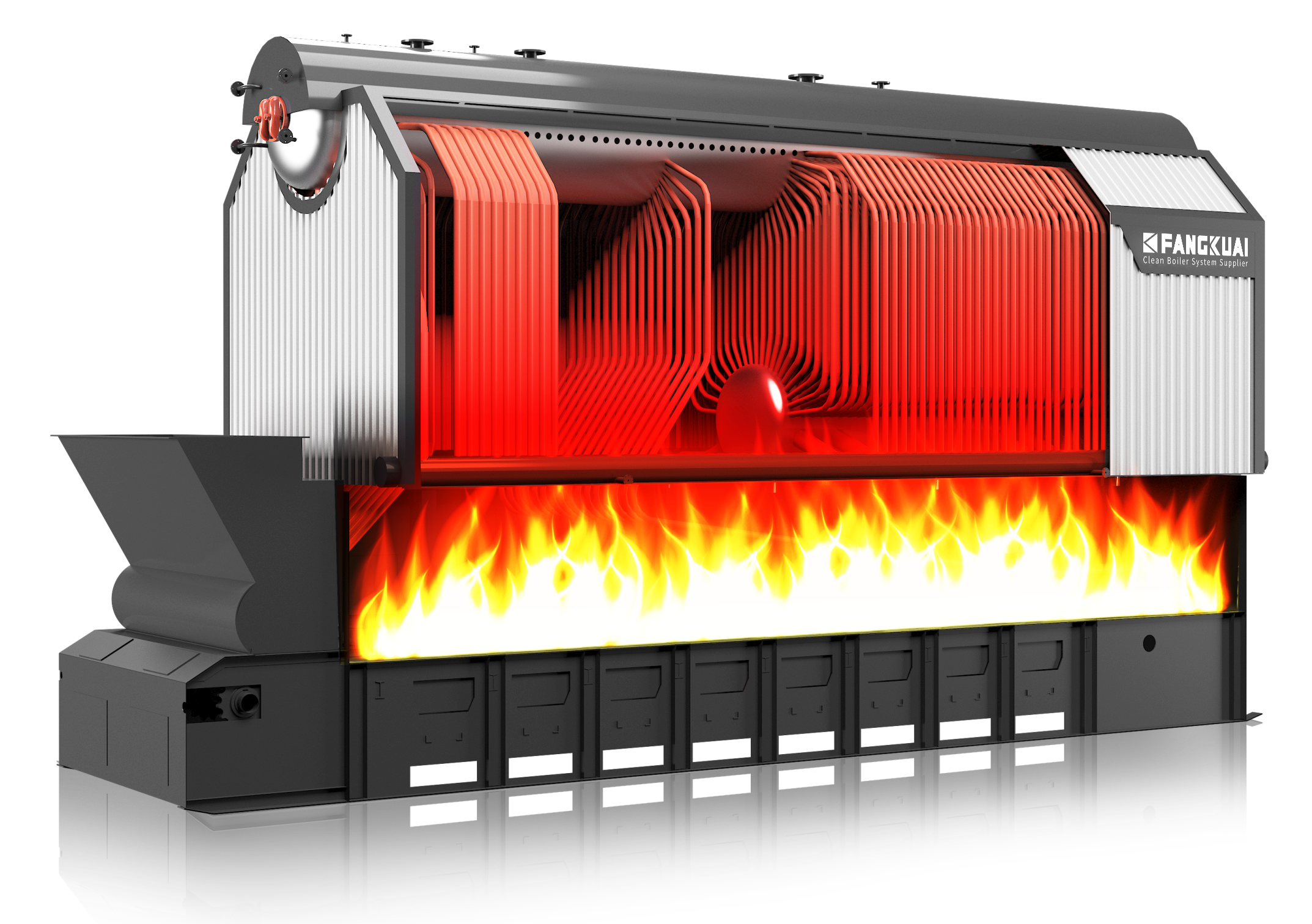
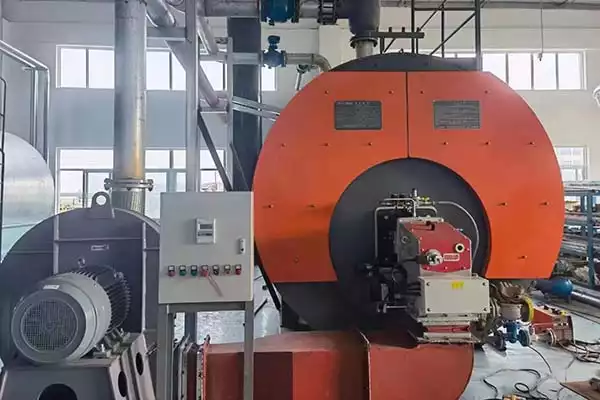
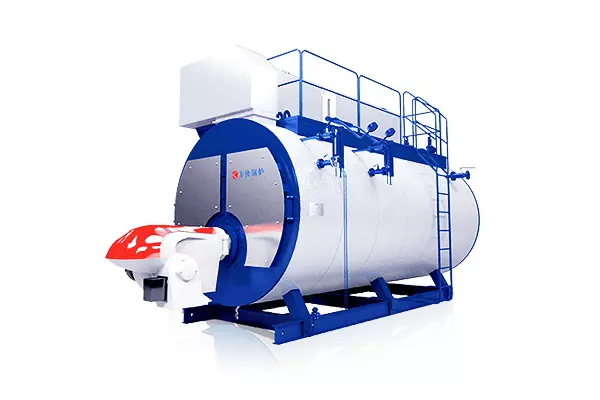
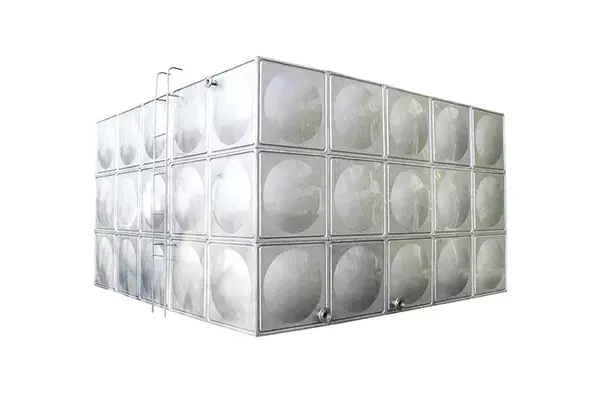
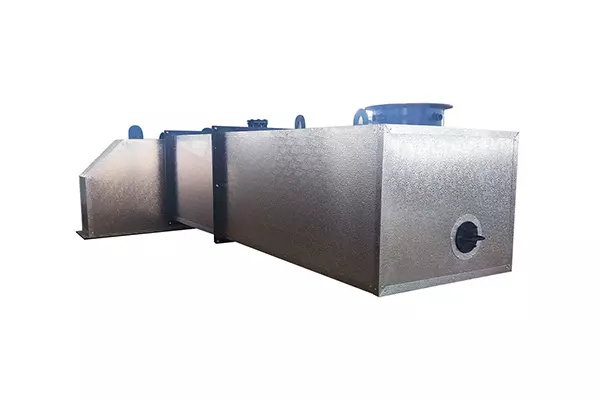
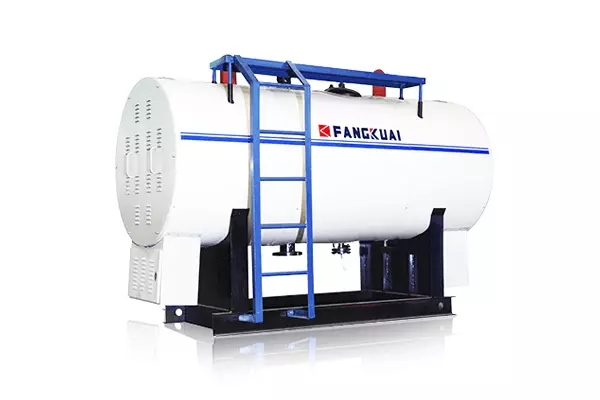



VVer opiniones de nuestro cliente
"Estoy muy impresionado con la calidad de la caldera de agua caliente de Fangkuai.. Está construido para durar y ha superado mis expectativas.. El proceso de instalación también fue muy sencillo y el servicio al cliente fue excelente.. La caldera de agua caliente es muy fácil de operar y mantener, y la eficiencia energética es notable. Recomiendo encarecidamente las calderas de agua caliente de Fangkuai."
Jacobo
Australia"La caldera de aceite térmico de Fangkuai es muy fácil de operar y mantener. Nos ha ayudado a ahorrar tiempo y dinero en mantenimiento., lo que ha supuesto un importante ahorro de costes. La calidad de los materiales y la construcción de la caldera son excepcionales. También es muy eficiente energéticamente., lo que nos ha ayudado a ahorrar dinero en nuestras facturas de energía. Recomiendo encarecidamente la caldera de aceite térmico de Fangkuai. ."
allen
Brasil"La caldera de vapor de Fangkuai es perfecta para mi negocio de procesamiento de alimentos. Cumple con todos nuestros requisitos y es muy fiable.. La calidad de los materiales y la construcción de la caldera son excepcionales. También es muy fácil de operar y mantener., lo que nos ha ayudado a ahorrar tiempo y dinero en mantenimiento. Recomiendo encarecidamente las calderas de vapor de Fangkuai a cualquiera que necesite soluciones de calefacción fiables."
json
Brasil"Los generadores de vapor de Fangkuai son excelentes. Son muy fáciles de usar y requieren un mantenimiento mínimo.. El servicio al cliente en Fangkuai también es excepcional.. Son muy receptivos y siempre dispuestos a ayudar.. La eficiencia energética de los generadores de vapor también es destacable, que me ha ayudado a ahorrar dinero en mis facturas de energía. Recomiendo encarecidamente los generadores de vapor de Fangkuai."
María
España"El equipo auxiliar de Fangkuai ha mejorado aún más mi sistema de caldera. La calidad del equipo es excepcional y los precios son muy razonables.. El equipo ha ayudado a mejorar la eficiencia y el rendimiento de mi sistema de caldera, lo que ha supuesto un importante ahorro de costes. Recomiendo encarecidamente el equipo auxiliar de Fangkuai a cualquier persona que necesite accesorios para calderas de alta calidad."
Maryk
Reino Unido"La caldera de agua caliente de Fangkuai es increíble. Se calienta de forma rápida y eficiente., y el agua se mantiene caliente por mucho tiempo. Nunca hemos tenido ningún problema con él y ha mejorado significativamente nuestras operaciones diarias.. El proceso de instalación también fue muy sencillo y el servicio al cliente fue excelente.. Recomiendo encarecidamente las calderas de agua caliente de Fangkuai."
Sara
Canada"El servicio al cliente en Fangkuai es de primera categoría.. Me ayudaron a elegir la caldera perfecta para mis necesidades y me brindaron un gran apoyo durante todo el proceso.. El proceso de instalación también fue muy sencillo y la caldera ha superado mis expectativas.. Es muy fácil de usar y mantener., y la eficiencia energética es notable. Recomiendo encarecidamente los productos de Fangkuai a cualquiera que necesite soluciones de calefacción fiables y eficientes."
Juan
México"Estoy muy impresionado con la calidad de la caldera de agua caliente de Fangkuai.. Está construido para durar y ha superado mis expectativas.. El proceso de instalación también fue muy sencillo y el servicio al cliente fue excelente.. La caldera de agua caliente es muy fácil de operar y mantener, y la eficiencia energética es notable. Recomiendo encarecidamente las calderas de agua caliente de Fangkuai."
Jacobo
Australia"La caldera de agua caliente de Fangkuai es increíble. Se calienta de forma rápida y eficiente., y el agua se mantiene caliente por mucho tiempo. Nunca hemos tenido ningún problema con él y ha mejorado significativamente nuestras operaciones diarias.. El proceso de instalación también fue muy sencillo y el servicio al cliente fue excelente.. Recomiendo encarecidamente las calderas de agua caliente de Fangkuai."
Sara
Canada